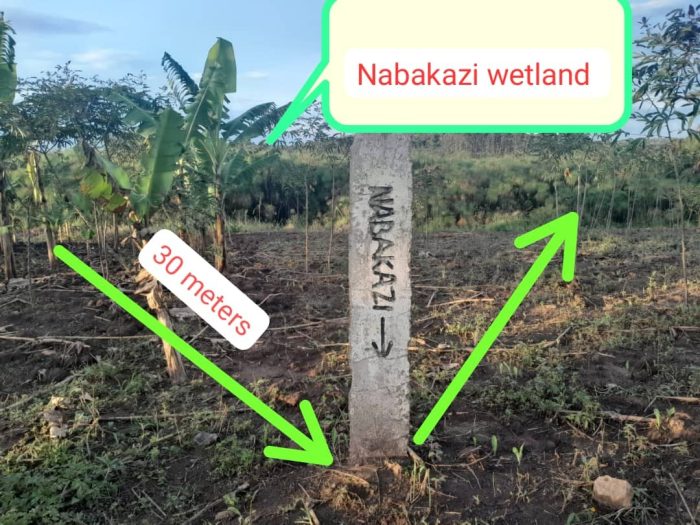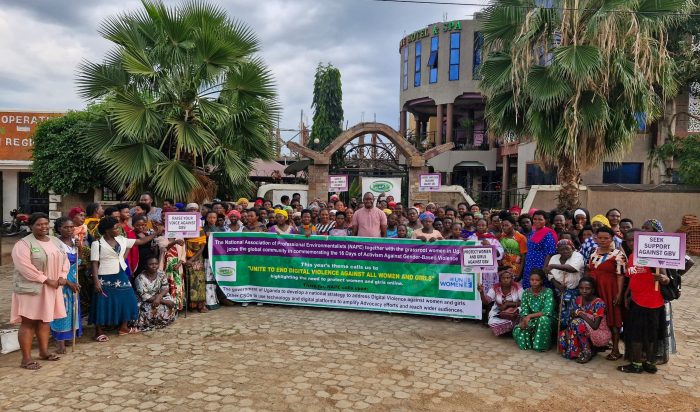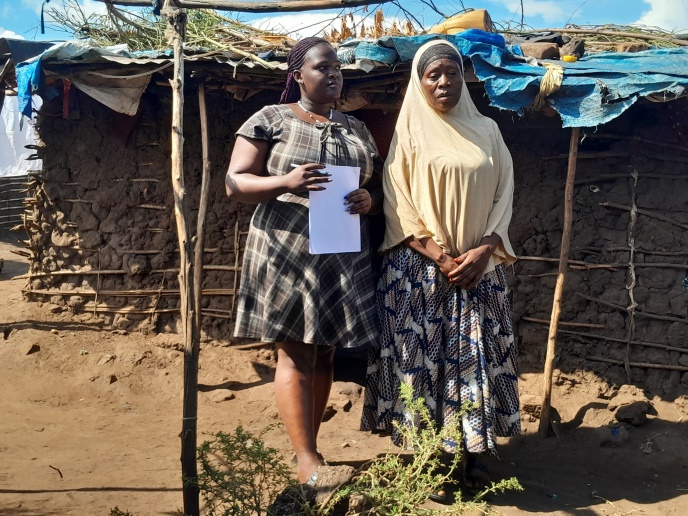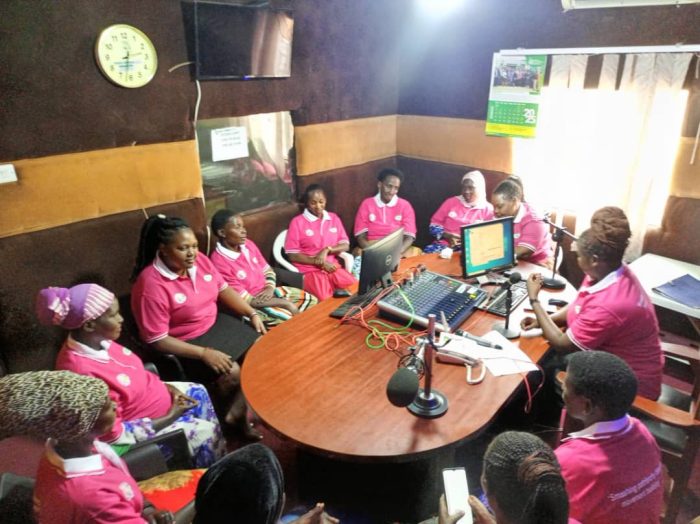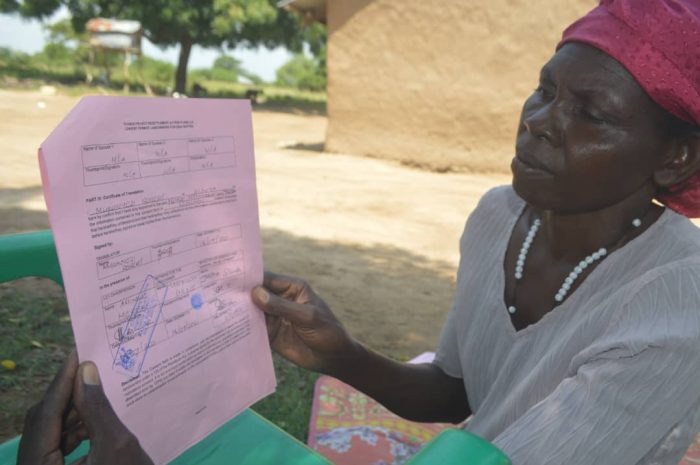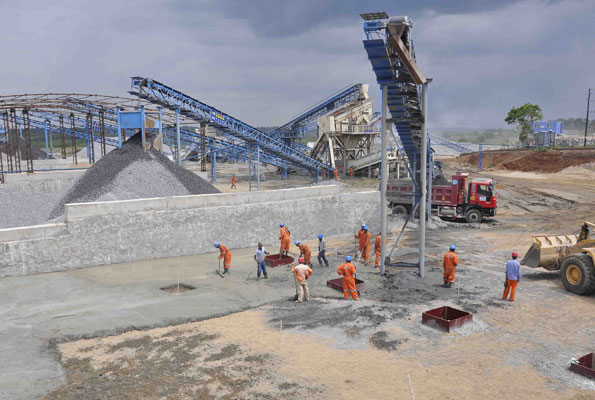
A row has erupted over the supervision of two of Uganda’s flagship hydro-power projects, pitting the Ministry of Energy and Mineral Development (MEMD) against the Uganda Electricity Generation Company Limited (UEGCL) with officials now turning to President Museveni as arbiter.
Daily Monitor has learnt that top UEGCL officials met the President at State House Entebbe a fortnight ago and reported shoddy work at the dams and how Energy ministry officials, according to a reliable source who preferred not to be named given the sensitivity of the matter, “have been picking bribes to cover up the shoddy work.” A source who attended the meeting said the President vowed to look into the matter and has since dispatched an intelligence team to establish the facts.
But Energy Infratech PVT Ltd, the Indian company providing consultancy services (technically called Owner Engineer), has also accused UEGCL officials of soliciting bribes and when this was not forthcoming, bringing on board rival companies to do the same supervisory work “through the backdoor”.
The correspondences
The two projects are now being supervised by three companies, with the two Austrian and Swiss entities reporting to UEGCL and the Indian firm to the ministry. The total supervision costs of the three companies will amount to $10.86m (about Shs37 billion) by the time the project is completed in 2018.
In a March 24 letter seen by this newspaper, Mr R.V Shahi, the chairperson Energy Infratech, requests an appointment with the President in the second week of April. “We have been made aware that at many forums, few stakeholders have raised few concerns recently with respect to quality and effective supervision in both projects. I request to meet you and brief you in detail about the ongoing Karuma and Isimba hydro-power projects,” the letter reads in part.
The letter comes against the backdrop of several correspondences between Energy officials and UEGCL questioning the motive of the latter’s procurement of SMEC and AF-Consults, companies that reportedly lost in the open bidding to Energy Infratech in 2013; this time as consultants charged with auditing the current Owner Engineer.
In a February 10 letter to Mr Harrison Mutikanga the chief executive officer UEGCL, Mr Paul Mubiru, the accounting officer in the Energy ministry, writes: “I wish to take this opportunity to advise you that in my capacity as accounting officer, I am neither answerable to you nor do I get instructions from you. I am, therefore, responding to your letter for the sole reason that these are public documents which you gave wide circulation.”
Mr Mutikanga had raised a number of quality issues and contractor failings, stating in his letter: “The technical advisors (PMC) and UEGCL site team have made certain small improvements because Sinohydro site staff are willing to listen and improve. On the other hand (Energy Infratech), appears to be the main hurdle in achieving the required quality as their management team seems inexperienced, disinterested and incapable to act.”
But in his response, Mr Mubiru argues that Energy Infratech PVT, the firm which carried out the feasibility studies and design for Karuma HPP, “was selected through a competitive procurement process under the PPDA Act and the Evaluation Team comprised two officers from UEGCL,”
The disagreements
“Don’t you think it would be misleading for you to make every one believe that the UEGCL (Project Management Consultants) know the Karuma HPP better than Energy Infratech who designed it and formulated the specifications? If there is non-compliance, is it the consultant who is not compliant or the contractor? Don’t you think that you may be misunderstood by the public out there that your real issue with (Energy Infratech) may not be professional but some other issue best known to yourself? If they asked how many power plants you have designed and supervised in your engineering career, don’t you think that the answer you would give would be embarrassing?” he adds.
Both Mr Mubiru and Mr Mutikanga are engineers by profession.
When this newspaper contacted Mr Mutikanga for a comment last Friday, he said: “We didn’t break any procurement law and I can’t comment further because we broke no law.” Asked to explain the economic efficacy of hiring the two additional consultants, he said: “We got all the necessary approvals from government for whatever we did in the interest of the project.”
Mr Henry Bidasala, the Karuma HPP project manager in the ministry of Energy, told Daily Monitor last Friday, “UEGCL is the implementing agency and since they don’t have the capacity to play that role, they engaged a consultant who would help them in their project management as they acquire the skills they need. Of course, there are two sides to that; one can sympathise with their argument but another can question why they got other supervisors. They all need to work for one objective.”
But how does UEGCL come into the picture in a project whose contract administration power lies with the Energy ministry which penned the contract with Chinese firm (Sinohydro), the construction contractor, and Energy Infratech, the Owner Engineer (supervisor)?
This, Mr Mutikanga and the UEGCL board chairman, Dr Stephen Robert Isabalija, told this newspaper on Saturday, is at the heart of the matter with Energy officials.
In an On Lending Agreement signed on May 6, 2015, between government (represented by ministry of Finance) and UEGCL following a $482,578,200 loan from the Export Import Bank of China, government was required to enter into On Lending Agreements with UEGCL and UETCL (as borrowers) to implement the 183 MW Isimba HPP and the 600MW Karuma HPP.
Under the agreement, UEGCL was to use proceeds of the subsidiary loan to make procurements in accordance with the procurement rules and, “execute the project with due diligence and efficiency in accordance with sound administrative, financial and technical practices under the supervision of qualified personnel and promptly inform government of any condition which interferes with the progress of the project and performance by UEGCL of any of their obligations.”
A tripartite memorandum of understanding was signed on December 3, 2013, between government (represented by the Energy ministry) and the Uganda Electricity Transmission Company Limited (UETCL) and UEGCL in relation to the power sector projects funded by Exim Bank of China after the Energy ministry concluded engineering procurement and construction contracts for the two dams.
The two entities were appointed as “lead agencies in overseeing the performance of the EPC contractors, project supervision consultants and project managers.”
It is on the basis of this agreement, UEGCL argues, that it derives basis for its persistent red flags raised to the ministry against consulting supervisor Infratech PVT.
UEGCL says poor quality work will affect the operation and life of the dams and that since it is the firm that will manage the two dams, it will be rigorous in ensuring that all specifications are adhered to the letter.
Officials in the Energy ministry now fear this ping pong will slow down the two projects slated to be launched early 2018.
In tomorrow’s edition, read about the shoddy work and the monies at stake.
ABOUT THE PROJECTS
Projected to produce 600MW, Karuma dam was awarded to Chinese firm Sinohydro in June 2013, starting construction in December the same year. It is expected to be commissioned in December 2018. China committed to finance 85 per cent of the dam’s $1.6b (Shs5.6 trillion). Uganda borrowed Shs1.435b (Shs4.8 trillion) from China’s Exim Bank and obtained the balance from the country’s Energy Fund. This newspaper reported yesterday that only 30 per cent of the work had been accomplished two years into the project and the balance would be completed by December 2018. Sinohydro has completed excavation of the dam and intake channels.Isimba Hydroelectric Power Station is a 183 megawatts hydroelectric power project worth US $570million (Shs1.4trillion) under construction by China International Water & Electric Corporation.
The project is financed by a loan from China’s Export-Import Bank after Parliament gave government a nod to borrow $482.5 million (about Shs1.4 trillion) from China Exim Bank at two per cent annual interest repayable over 20 years. Uganda will contribute the remaining $107 million.

